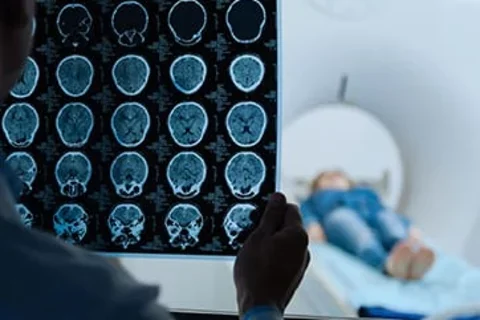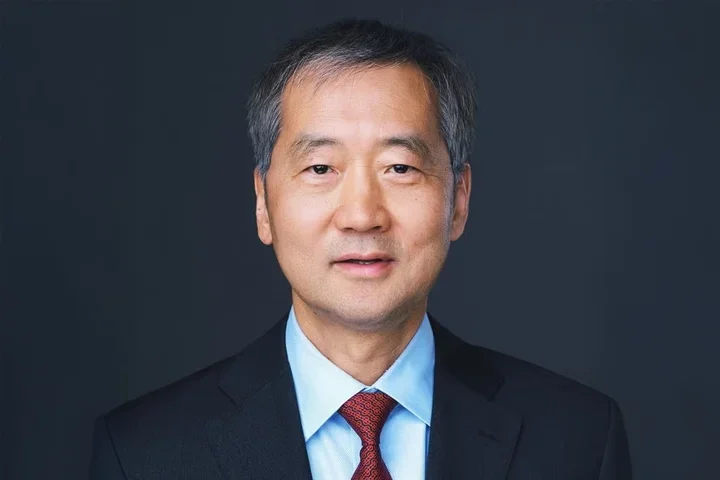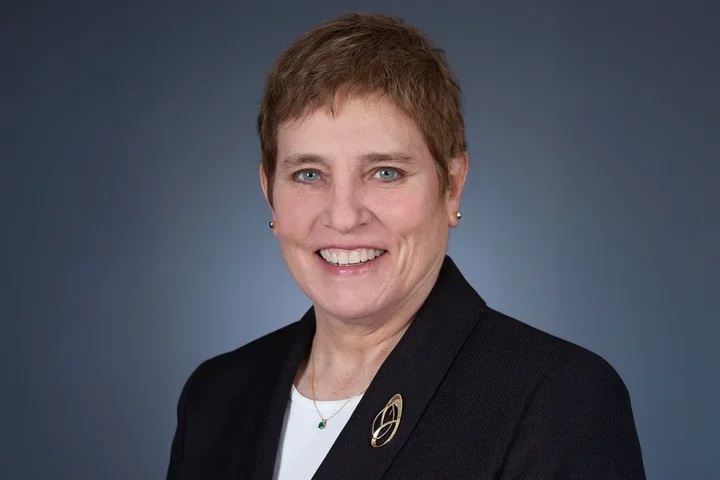Sports Neurologist - Sports Medicine Career
Medical Expert Interview

Sports Medicine Careers
Sports medicine is an area of healthcare focused on athletes. A sports medicine practice covers myriad medical and physiological goals and concerns that can and do impact athletes.
Such an expansive goal demands a commensurate breadth of practitioners and professionals. That’s why the field of sports medicine encompasses a dynamic range of job types and career opportunities.
The article below explores sports neurology. Additional sports medicine career roles include:
- Certified Athletic Trainer
- Orthopedic Surgeon
- Physical Therapist
- Sports Cardiologist
- Sports Psychologist
- Sports Nutritionist / Registered Dietician
- Team Physician
Sports Medicine Career Overview
Meet Kevin C. Bickart, MD, PhD, Sports Neurologist at UCLA Health
Kevin C. Bickart, MD, PhD teaches in the department of neurology at the David Geffen School of Medicine at UCLA (DGSOM). Sports neurology is his specialized area of expertise.

A childhood love of math, science, and sports set him on the path toward his niche future career. As a lineman and linebacker in football for 10 years up through high school, he enjoyed the competition and team aspects of the sport, but also the contact.
Throughout his football-playing years though, he saw teammates suffer concussions and potential lasting effects of these injuries. Their experiences sparked his early curiosity about the brain and body connection, specifically the long-term neurological consequences of playing contact sports.
As a young adult, he made plans to pursue a career in physical therapy. While exploring that option, he realized that, while he was deeply interested in the physical workings of the human body, he was more interested in understanding the brain’s precise role in those workings.
He wanted to spend the rest of his career learning about the human brain and how it affects physical health, mobility, and functionality.
“I love the brain and thinking about how the brain can adapt to challenges in sport or any other circumstance,” he says.
What Does a Sports Neurologist Do?
Sports neurologists treat and research neurologic injuries sustained during athletic activities, such as concussions, spinal-cord injuries, and peripheral nerve injuries.
They also develop and consult on protocols and strategies to ensure athletes with neurologic conditions—such as epilepsy or multiple sclerosis—may participate in their sports safely.
Sports neurologists not only help people with neurological conditions, but they also help people enhance current brain performance overall and brain health for the long haul.
In research, sports neurologists investigate the short and long-term neurologic effects of sports, exercise, diet, sleep, pain, and other modifiable determinants of health.
What conditions do sports neurologists handle?
Common conditions a sports neurologist can address include:
- Concussion/mild traumatic brain injury
- Post traumatic headaches
- Spinal cord injuries
- Spine injuries
- Peripheral nerve injuries
How to Become a Sports Neurologist
It typically takes more than 15 years to complete the education and training required to become a sports neurologist:
- Earn a bachelor’s degree.
- Estimated time required: 4 years
- Earn a degree in medicine or osteopathic medicine.
- Estimated time required: 4 years
- Complete residency training in child neurology, adult neurology, or physical medicine and rehabilitation (PM&R).
- Estimated time required: 4+ years
- Complete a fellowship in sports neurology.
- Estimated time required: 1 - 2 years
- Secure a license to practice by passing all steps of the United States Medical Licensing Examination (USMLE).
- Estimated time required: 1 - 6 months
Beyond this core training path, sports neurologists may also invest time completing additional training in niche practice areas of sports neurology, such as neurotrauma and traumatic brain injury (TBI).
Where can aspiring sports neurologists find additional information about education, training, and certification?
- UCLA Health BrainSPORT Program
- Society for Sports Neuroscience
- United Council for Neurologic Subspecialties
- American Board of Psychiatry and Neurology (ABPN)
- American Medical Society for Sports Medicine (AMSSM)
- Accreditation Council for Graduate Medical Education (ACGME)
Advice for Aspiring Sports Neurologists
Dr. Bickart wants aspiring sports neurologists to understand that practicing sports neurology is as much of a team sport as basketball or soccer.
“It takes a team to best serve people with neurological issues and address the needs of the whole patient,” he says. “So hopeful sports neurologists should enjoy working as part of a team and outside traditional organizational silos.”
In addition to being a team player, a promising candidate for a career in sports neurology will be…
- Willing to deal with complexity and uncertainty
- Curious, open minded, and interested in advancing collective knowledge in the field of sports neurology.
- Adept at communicating. This means conveying complex information in understandable ways as well as listening carefully to patients and understanding their perspectives.
“I think being okay with complexity and uncertainty comes down to embracing your role as primary motivator and educator for patients,” says Dr. Bickart. “We rely heavily on social skills, such as motivational interviewing, in our patient interactions.”
Quick Facts: Sports Neurologists
What are the core job responsibilities of a sports neurologist?
- Manage treatment, recovery and rehabilitation plans for neurologic injuries sustained during athletic activities, such as concussions, spinal-cord injuries, and peripheral nerve injuries.
- Develop and consult on safety protocols for athletes with existing neurologic conditions—such as epilepsy or multiple sclerosis.
- Educate and motivate towards brain healthy habits to enhance performance, promote brain health, and prevent or prolong the onset of dementia.
Where can a sports neurologist find employment?
Sports neurologists may find employment opportunities in a variety of different settings, including:
- Professional athletic teams and organizations
- Olympic teams and organizations
- School athletic teams of all levels
- Concussion centers
- Academic medical centers and other research institutions
- Sports rehabilitation centers
- Sports medicine clinics
- Veterans/VA Hospitals
- Healthcare facilities (clinics, hospitals, and private practices)
How much does a sports neurologist make?
- Estimated annual salary range: $150,000 to $400,000
Neurologists practicing in all industries in the United States make on average around $150,000 to $400,000 annually. Earning potential varies widely depending on the neurologist’s location and industry, education, and certifications.



